[Editor’s Note: We did not attend yesterday’s Penn Alexander rally at Penn. The information for the report below comes from some who did. We decided to reprint the statement from a parent below because we feel it provides an important perspective. That said, we hope that ALL of the neighborhood schools in the area could benefit from committed parents like the ones we have come to know from the situation at Penn Alexander.]
Several parents of prospective Penn Alexander School kindergartners rallied on Penn’s campus yesterday. Carrying signs and chanting “10 more in,” the parents hoped to attract the attention of top Penn administrators who were meeting inside Houston Hall and protest the School District of Philadelphia registration lottery held behind closed doors last week.
The district mailed notifications to parents this week indicating whether their child was admitted to the school. Most parents at the rally knew whether their child was one of the 10 who registered and were not selected in the computer-generated lottery.
The statement below is from Spruce Hill resident Eric Santoro, whose son attends Penn Alexander. His daughter was not selected in the lottery. He read the statement during the rally. The bold and capitals are in the original.
Earlier this morning, I learned that a computerized lottery wait listed my daughter for admission into Penn Alexander, her neighborhood school. Penn Alexander is the school that her older brother already attends. It is the school where my wife is a room parent. It is the school where I became a founding member of the parent communication committee. It is the school that is the very reason I moved back to University City, after I moved away in 1997 following an epidemic of violence and murder against neighborhood residents. Like many of you here today, my wife and I chose to live in the Penn Alexander Catchment, and have made considerable investments of time and resources to the neighborhood, because we want the best urban education possible for our children
Now we are being asked to accept that a computer generated lottery, which was conducted in secret, and about which we were given no information, has rejected my daughter from the neighborhood school that drove us to live here in the first place. I cannot accept this. On January 18, when the school district capriciously changed Penn Alexander’s registration policies, the school disseminated a letter from Superintendent Hite that said: “In an effort to make this process . . . less challenging for parents in the catchment area, the School District of Philadelphia has decided to conduct a lottery to determine kindergarten enrollment.”
Unfortunately, the School District got it absolutely backwards: when you implement a lottery and break up families and neighborhoods, you have created the most, not a less, challenging situation for parents in the catchment area. When the Penn Alexander School was created, one of the stated goals was “[t]o ensure a close and vital relationship between the Neighborhood School and the community it serves.” This aspirational goal has been turned on its head. The imposition of a lottery now threatens to make our neighborhood school, the very thing that divides and diminishes our neighborhood.
Families, like mine, with multiple children cannot be asked to play the lottery over and over again and risk that their families will be strewn across the district. Families will inevitably move, new families will inevitably refuse to move in, and our wonderful neighborhood will be torn apart – returning it to the days when Spruce Hill was mere transient stop for Penn employs to live for a couple of years before they move to the suburbs. This is also unacceptable.
We are told that the Penn Alexander lottery is a District “pilot” program. I have a better idea: how about if instead of piloting a lottery, we pilot doing everything possible to allow all children to attend their neighborhood school? How about if instead of piloting a lottery, we pilot increased student enrollment even if it’s a little beyond our typical “comfort” level? How about if instead of piloting breaking up families, we pilot doing everything we can to keep families together? How about if instead of piloting a secret lottery, we pilot transparent processes where all impacted parents can understand how decisions are made about their children? How about if instead of piloting school district ultimatums and capricious decision making, we pilot increased community involvement and open dialogues about decisions that impact our children? How about if instead of piloting school district decision making based anonymous data and hypothetical conjecture, we pilot decision making that takes into consideration the actual, real life people and families who will be affected?
On January 18, 71 families got in line and planned to sleep outside for four days for a spot at Penn Alexander. If 71 parents are willing to sleep outside for 4 nights in January so that their children can attend this school, then we are surely also willing to commit our time, resources, and diverse skill sets to help develop a solution to the enrollment issues. Give us that chance! Give us a chance, and I have no doubt that a reasonable solution to the enrollment crunch will be achieved The School District and University of Pennsylvania need to recognize that the parents are not a problem to be dealt with; but rather, we need to be part of the solution.
Parental involvement in a neighborhood school can only be a good thing. And decisions about the school that impact the lives of families and do not involve the input of the community should be viewed as unacceptable and deemed invalid. We should not have to accept an untimely and entirely arbitrary pilot program. The lottery was supposed to promote fairness, but singling out our children as a test case for the entire Philadelphia School District is the most unfair result of all.
To the School District and to the University of Pennsylvania, I implore you: Let us help you FIND A WAY TO ENROLL 10 MORE CHILDREN AT PENN ALEXANDER!
Thank you



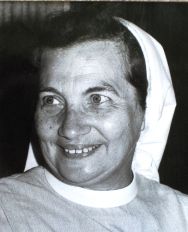
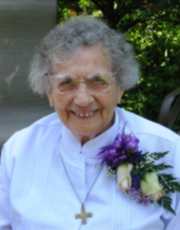
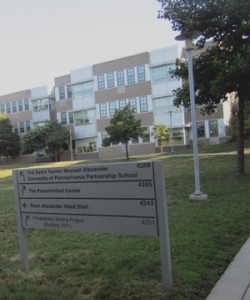
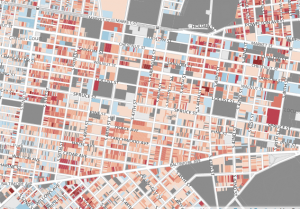
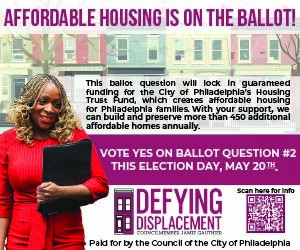

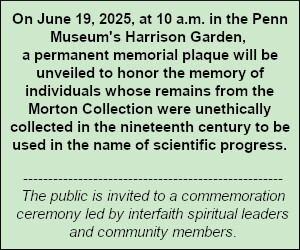
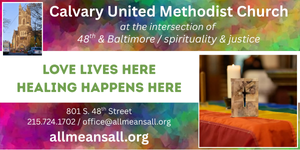


Recent Comments